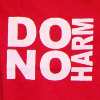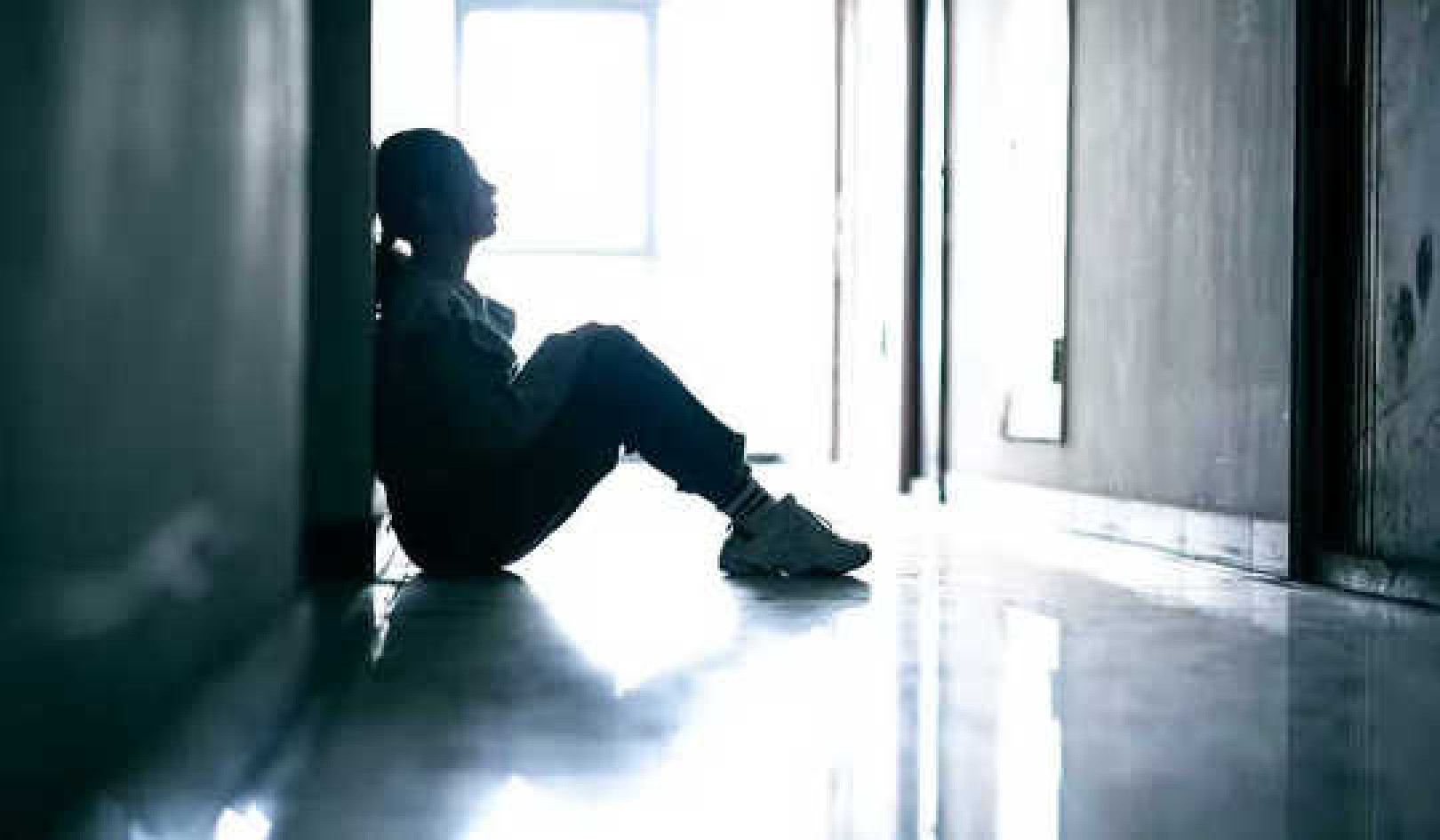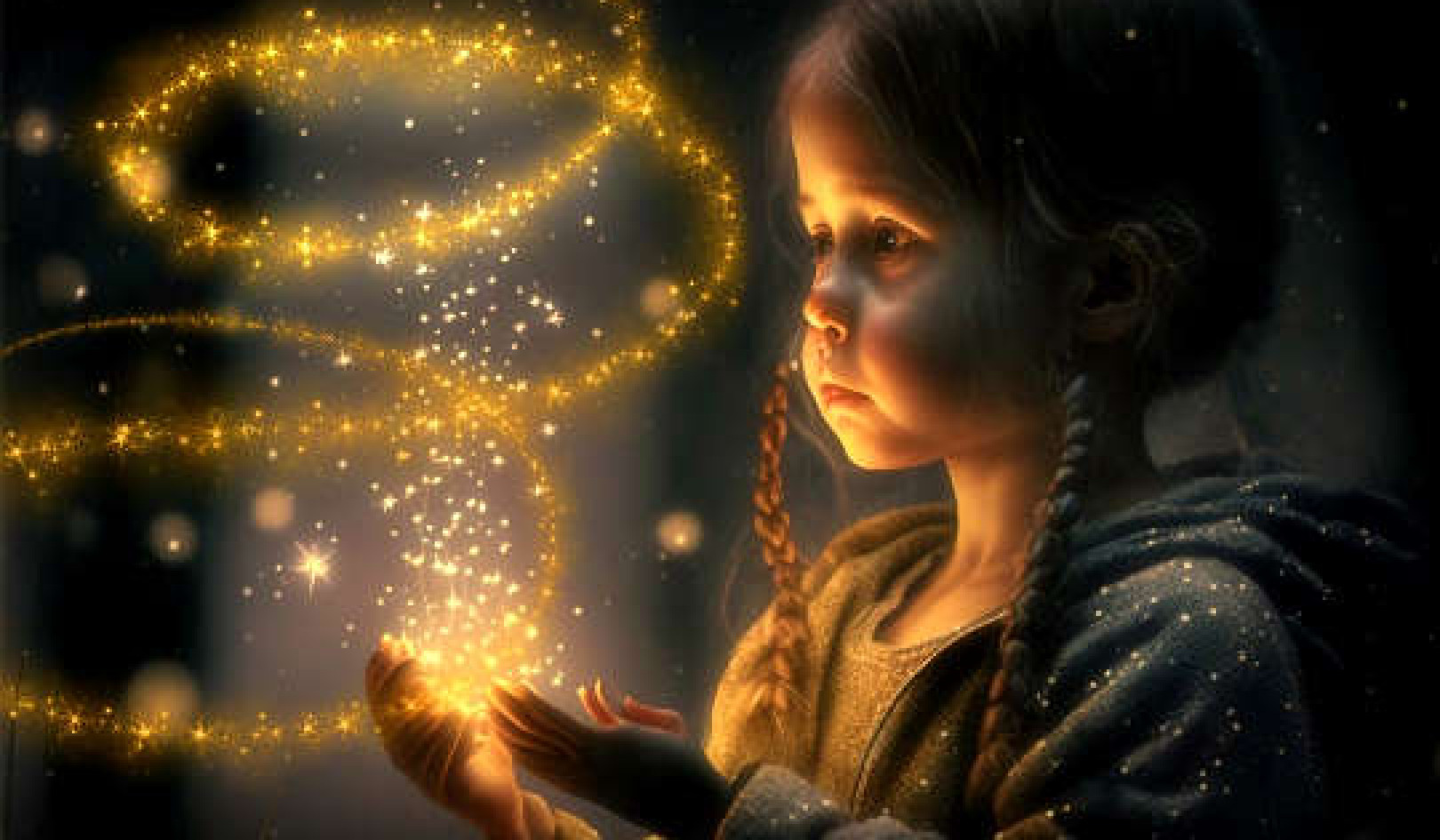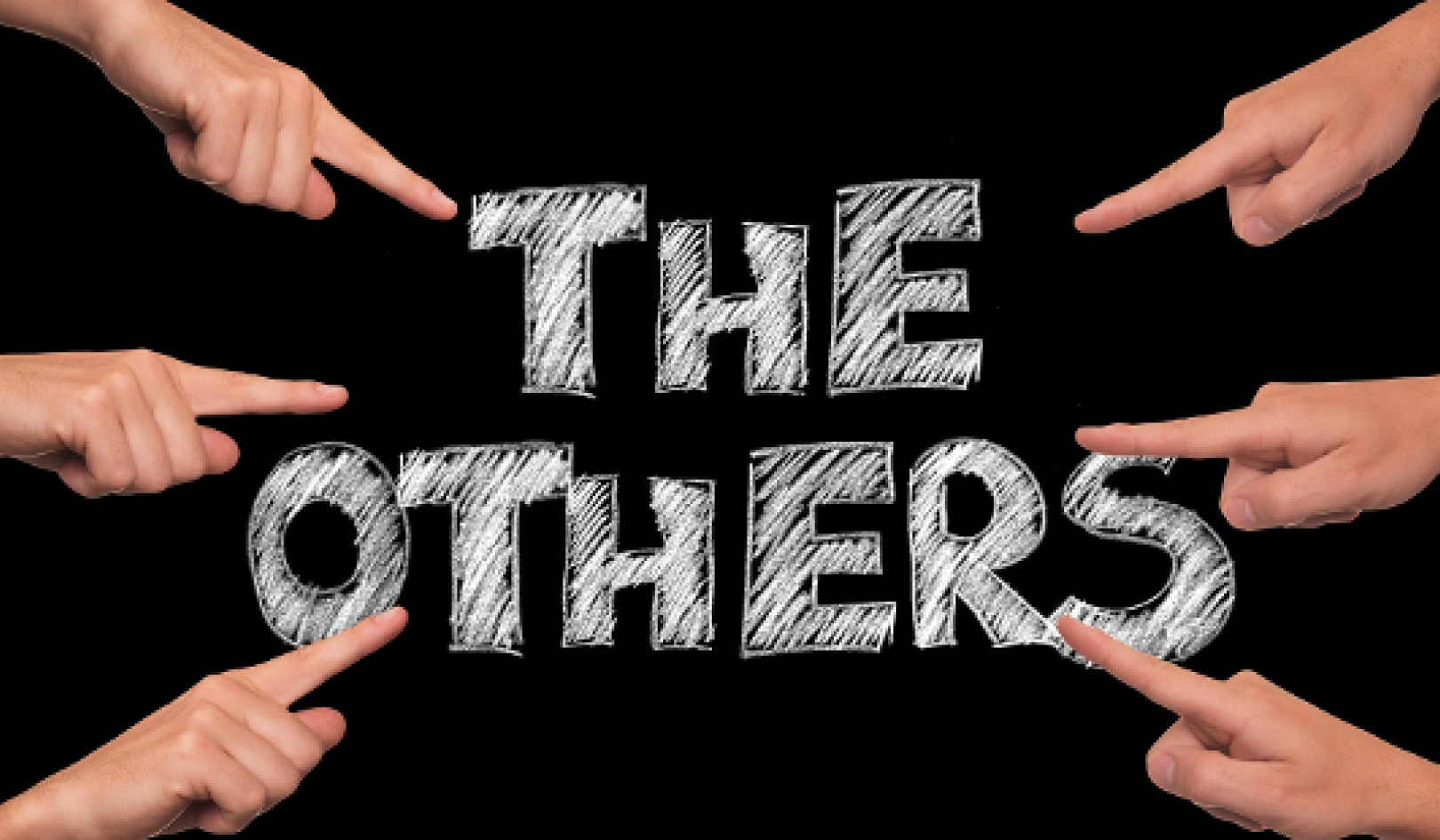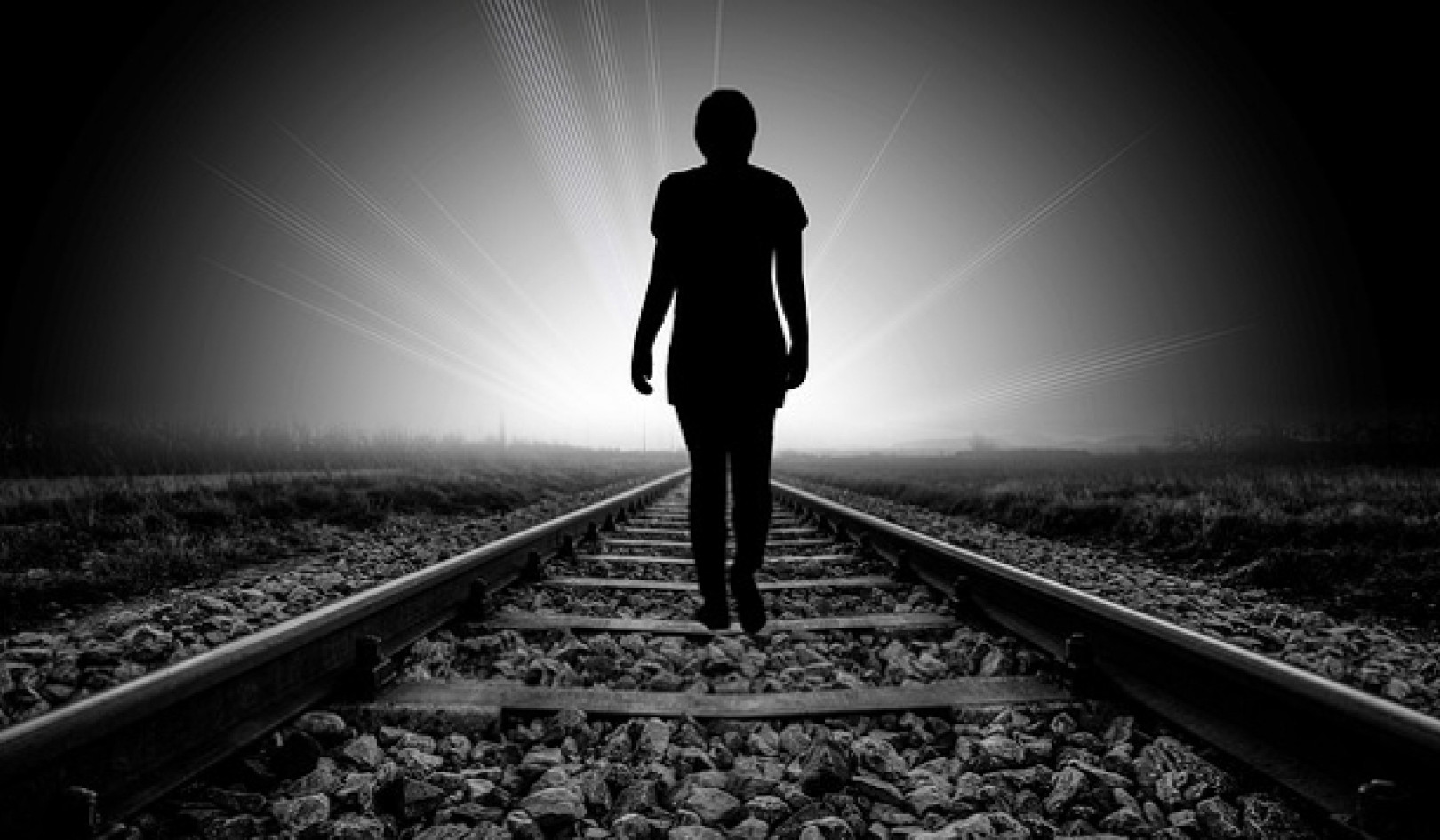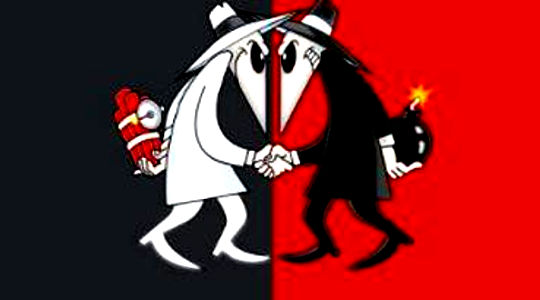
Refusing to cause or prolong harm would already create the spiritual revolution that our world needs. Wars could not be waged. Children could not be deserted, starved or abused. Women and children could not be trafficked and enslaved. Nation-states could not torture and murder. Women and men could not “solve” their problems through violence and corruption. Terror could not reign if that simple truth were to be engraved across our hearts and taken seriously.
Choosing a more abundant and generous way of life, choosing empathy, kindness and forgiveness, we would begin to know what it means to honor life. We would begin to know what unconditionality amounts to. There is no valid withdrawing from harm, or recognizing the devastations that “harm” causes, without first remembering and desiring love.
Love = Living Like A Spiritual Being
Certainly love gives us our best chance to live like the spiritual beings we are while in the human body. From India, twentieth-century teacher Sri Aurobindo put it like this: “The Spirit shall look out through Matter’s gaze, and Matter shall reveal the Spirit’s face . . . and all the earth shall become a single life.”
“All the earth” already is a single life. That’s the miracle of inter-being. We cannot harm someone else without harming ourselves. We cannot relieve others’ suffering without also benefiting.
Do No Harm is Taught by Many Religions
In my discussion of identity, I have already quoted the most famous version of the Golden Rule’s teaching on “do no harm.” This is where Rabbi Hillel sums up the Torah by saying, “What is hateful to you, do not do to your neighbor. That is the whole of the Torah. The rest is commentary. Go and learn it.”
In the Udana-Varga (5:18) from the Hindu tradition we hear something remarkably similar: “Treat not others in ways that you yourself would find hurtful.” And in the Mahabharata (Anusasana Parva 113:8), “One should not behave towards others in a way which is disagreeable to oneself. This is the essence of morality.”
In the Jain Kritanga Sutra the teaching goes beyond people: “Treat all creatures in the world as you want to be treated.”
In the Analects (12:2), we hear Confucius saying, “Do not do to others what you would not like yourself.”
In the Taoist Thâi Shang it is written: “The good person will regard others’ gains like their own and others’ losses in the same way.”
Becoming Fully Human
Are we capable of this? Are we capable of hearing and heeding? A commentary from Confucian teacher Meng Tzu, who died in 289 BC, would suggest this is so. “If a person sees a child about to fall into a well, he will be moved by mercy. Not because he wishes to make friends with the child’s parents or to win praise but because the child’s cries pierce him. This shows that no one is without a merciful, tender heart.”
It is in allowing our hearts to be pierced and opened that we become fully human.
Do No Harm: Easier Than Loving Everyone
I wonder whether “not harming” or not hurting other people — near and far — feels more reasonably within reach than loving them?
As you think about it now, and perhaps also about some complex or challenging situations in your own life, does it seem more realistic to affirm that you could refrain from harming, rather than “loving” others?
Perhaps it is more realistic, although it is obvious from the prevalence of harm and hurt in our world that this, too, takes considerable self-awareness and restraint.
Doing the Right Thing
Few of us wake up in the morning and decide that today we will ruin someone else’s happiness or peace of mind. Perhaps what’s most obviously missing on those occasions is any degree of consciousness that in all our encounters we have a choice to leave the person better or worse off for their time in our company. The difference may be very slight, but no encounter is neutral. It is influencing that other person; it is creating who we ourselves are becoming.
Civil rights leader Dr. Martin Luther King, Jr., was one of the most outstanding crusaders for nonviolence and justice in the twentieth century. He was also clear on where harm should stop. Dr. King said, “The time is always right to do the right thing.”
People may like to split hairs and argue about what “the right thing” is (while Rome burns). “Do no harm” clarifies this — or should.
Reprinted with permission of the publisher,
Jeremy P. Tarcher/Penguin, member of Penguin Group (USA).
©2011. www.us.PenguinGroup.com.
Article Source
Seeking the Sacred: Transforming Our View of Ourselves and One Another
by Stephanie Dowrick.
 Bestselling author Stephanie Dowrick's major new book is a compelling look at how we can transform the world by seeing the extraordinary everywhere we look, both without and within. Through her intimate, beautiful, and encouraging writing, Stephanie shows that it is only in altering our perception-seeing all of life as sacred-that we will challenge the usual stories about who we are and what we are capable of being.
Bestselling author Stephanie Dowrick's major new book is a compelling look at how we can transform the world by seeing the extraordinary everywhere we look, both without and within. Through her intimate, beautiful, and encouraging writing, Stephanie shows that it is only in altering our perception-seeing all of life as sacred-that we will challenge the usual stories about who we are and what we are capable of being.
Click here for more info or to order this book on Amazon.
About the Author
 Stephanie Dowrick, PhD, is noted for her highly encouraging, accessible writing on key issues affecting our personal and collective wellbeing. Her international best sellers include Choosing Happiness, Forgiveness and Other Acts of Love, Intimacy and Solitude, Creative Journal Writing, Seeking the Sacred and In the Company of Rilke. Formerly a publisher, and also a trained psychotherapist and literary critic, Dr Dowrick draws on the latest insights from the worlds of psychology and spiritual activism as well as timeless universal wisdom teachings. Her past achievements include founding the prestigious London publishing house, The Women’s Press, where she was Managing Director from 1977-1983. Visit her website at www.stephaniedowrick.com.
Stephanie Dowrick, PhD, is noted for her highly encouraging, accessible writing on key issues affecting our personal and collective wellbeing. Her international best sellers include Choosing Happiness, Forgiveness and Other Acts of Love, Intimacy and Solitude, Creative Journal Writing, Seeking the Sacred and In the Company of Rilke. Formerly a publisher, and also a trained psychotherapist and literary critic, Dr Dowrick draws on the latest insights from the worlds of psychology and spiritual activism as well as timeless universal wisdom teachings. Her past achievements include founding the prestigious London publishing house, The Women’s Press, where she was Managing Director from 1977-1983. Visit her website at www.stephaniedowrick.com.
Watch a video with Stephanie: Transforming Our View of Ourselves and Others
An interview with Stephanie: The Power of Stories We Tell Ourselves



